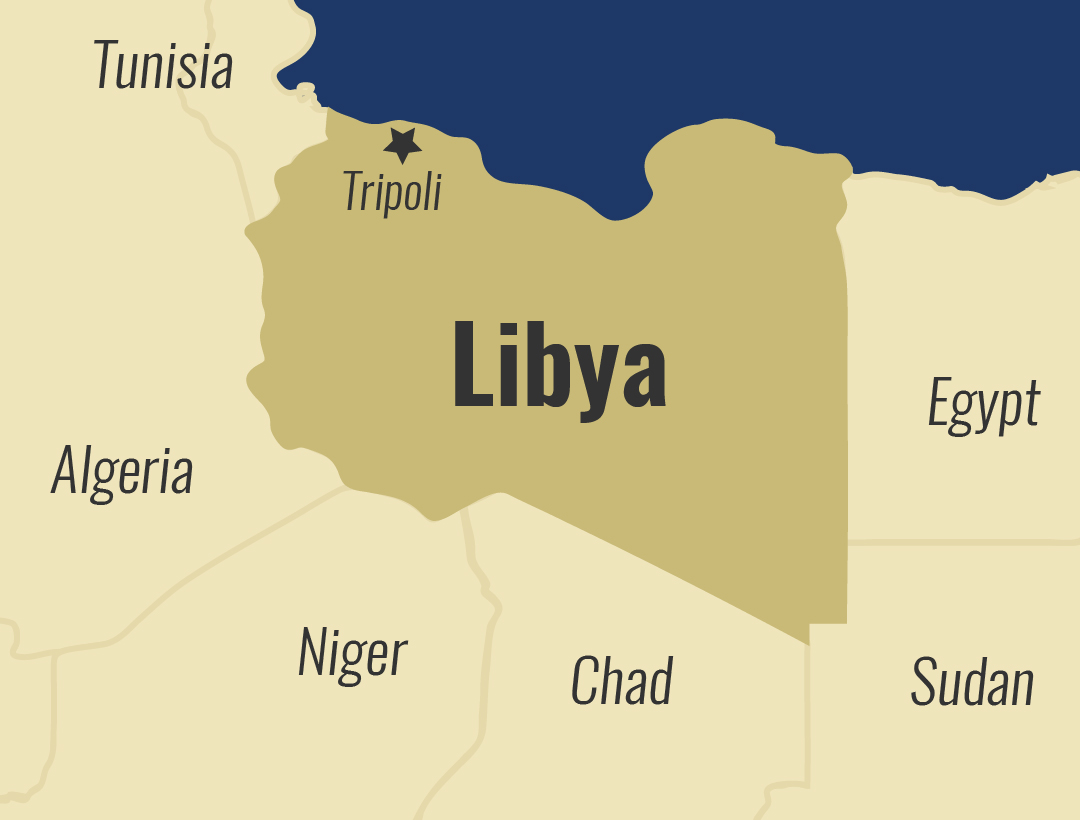
Egyptian intelligence chief, U.S. diplomats discuss developments in Libya
The head of Egypt’s General Intelligence Service, Abbas Kamel, met on Tuesday with both the U.S. ambassadors to Libya and Egypt to discuss the latest developments in Libya.
The meeting discussed how to support the Libyan factions in their efforts to end the current crisis in the war-torn country, speed up a political solution, unify the Libyan institutions, and resume the exports of oil and distributing its revenues in a fair manner, the official Ahram Online news website reported.
The officials also touched upon the continued Egyptian efforts to solve the Libyan crisis, including the recent meetings held in Hurghada, the Egyptian Red Sea resort city, under the aegis of the United Nations.
Delegations representing the Government of National Accord (GNA) based in the Libyan capital, Tripoli and the eastern-based Libyan National Army (LNA) held two days of talks in Hurghada last week, facilitated by the UN Support Mission in Libya (UNSMIL).
The UNSMIL said in a statement that the talks focused on the military and security aspects as well as the resumption of oil production and export.
An agreement was reached by the Libyan parties to work on the release of all prisoners and the protection of the North African country’s oil and gas facilities to completely resume production and export activities.
Tuesday’s meeting came one day after the UN and Germany co-hosted a virtual ministerial meeting to discuss supporting peace efforts in Libya.
Libya has been locked in a civil war since the ouster and killing of former leader Muammar Gaddafi in 2011.
The situation escalated in 2014, splitting power between the GNA and the House of Representatives based in the northeastern city of Tobruk, which is allied with LNA commander Khalifa Haftar.
In June, Egyptian President Abdel-Fattah al-Sisi announced a Cairo-led initiative to end the Libyan internal conflict following his meeting in Cairo with Haftar and Aguila Saleh Issa, speaker of the Libyan House of Representatives.
Dubbed Cairo Declaration, the Egyptian plan proposes a cease-fire between the warring Libyan parties, disbanding militias, pulling out foreign forces, electing a presidential council representing all Libyans and drafting a constitutional declaration to regulate elections at the later stage.






